How All of Russian TV Became State-Controlled
Short biography of the freedom that never happened.

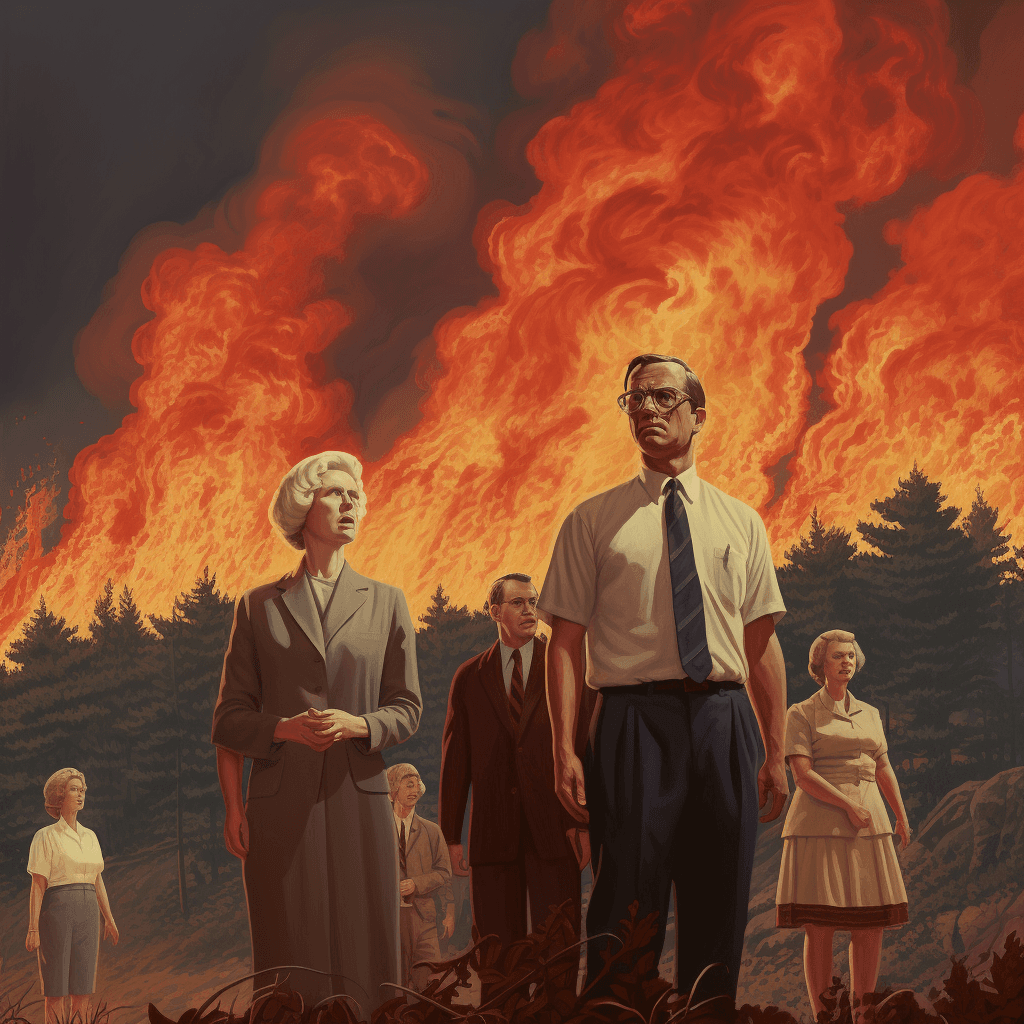

...Russians are not afraid of warming. (...) Almost all Russians, both rich and poor, want and even dream of changing the climate to a warmer one. And for this they are ready to save money for years to buy a house “in the south” for this change in climate.
Quotation from article in “Ecologika”, the special project on ecology by Rossiyskaya Gazeta
Perhaps the most curious trend concerning the public opinion on climate change in Russia is the belief in the “positive” outcomes of climate change for the country, supported by some government officials. Among the potential gains are cited:
Some also see economic benefits:
In reality, of course, research shows that climate change in the long run is also detrimental to the living conditions in the countries located in the North, including Russia, leading to more extreme weather events and correspondingly difficult conditions for agriculture. The thawing of Russian permafrost can especially be characterised as a direct threat to local infrastructure and the climate at large.
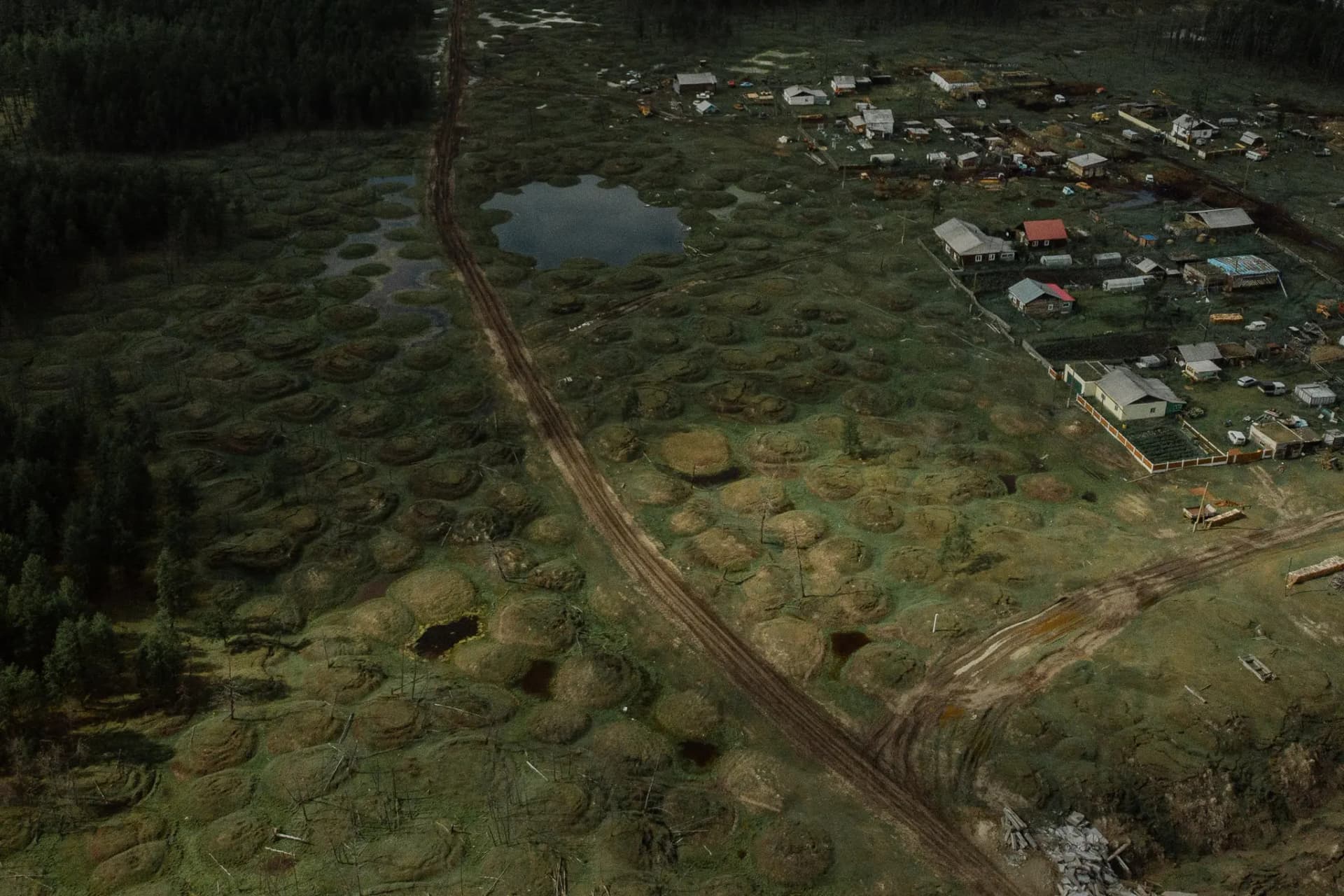
The landscape of the village of Usun-Kyuyol in Yakutia, Russia, is disfigured by thermokarsts, hummocks caused by the shifting temperatures underground. Emile Ducke for The New York Times
In general, however, the public opinion on climate change in Russia is mostly characterised not by the arguments in favour of climate change but by the very low priority of the issue of climate change (and environmental issues in general) on the public agenda, more focus on local environmental issues, and little political divide surrounding the climate.
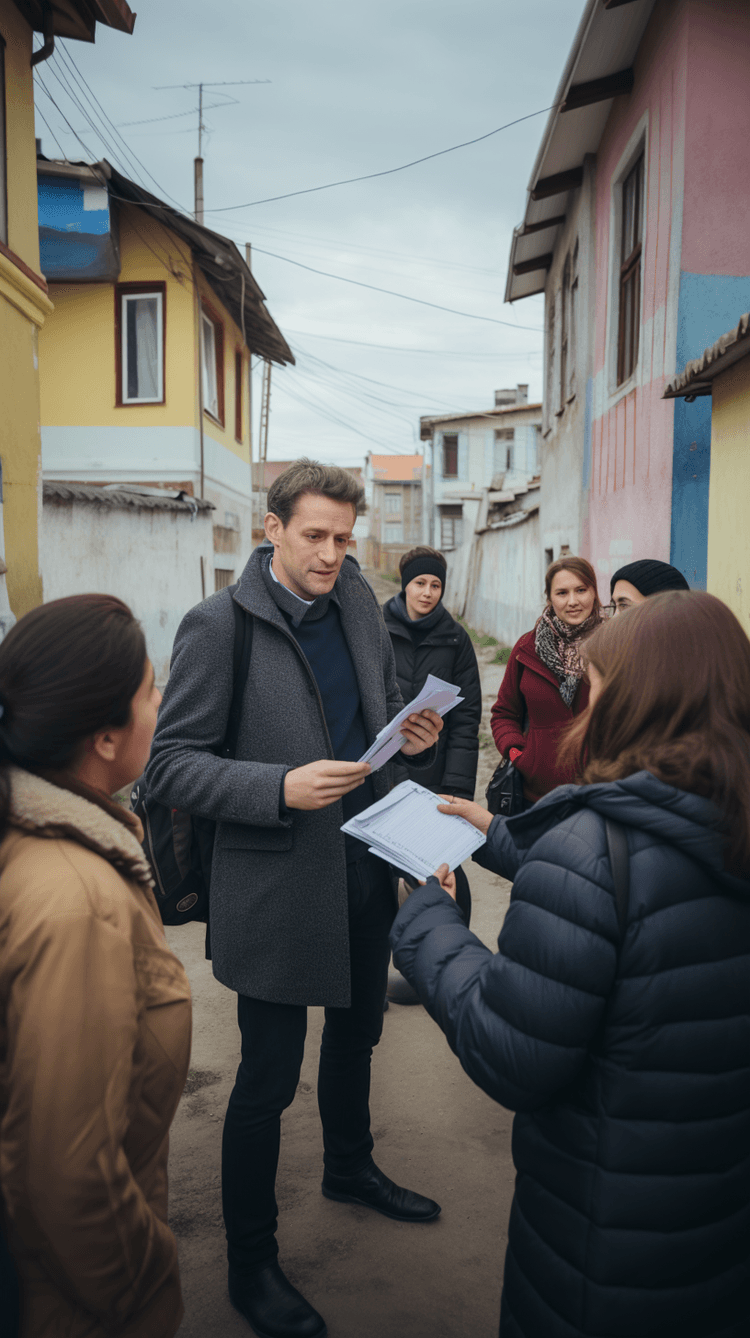
This image was generated by AI
Unlike in some other countries where climate change is a topic of heated debates and political polarisation (for example, between Democrats and Republicans in the USA, there is very little public debate on this issue in Russia. In the Russian public sphere, the topic of climate involves much less polarisation and agonism, and the public consciousness of it is much more homogeneous. The majority of the public opinion involves not so much anti-climate or pro-climate sentiment as indifference and the lack of awareness and knowledge. While some show increasing awareness of the problem, in comparison with other countries, Russian public awareness of the urgency of climate change still seems to be lacking.
In the 2020 IPSOS international study on public perceptions of climate change, Russia stood out with the lowest proportion of respondents (13%) who considered climate change a top priority. While a majority of those surveyed acknowledged its human-induced origins (63%), Russia ranked second to last in this aspect among all surveyed countries. The majority of the Russian public seems to be more focused on other, more local environmental issues, such as water or air pollution. A survey by the Levada-Centre (2015) found that only around 20% of respondents considered climate change the most pressing environmental issue, consistently placing it 6th. This outlook has a long history in Russia. For example, the Public Opinion Foundation (FOM) poll in Russia in 1999 showed that, whilst 77% of respondents noticed climate change in their region, they prioritised other environmental problems.
Additionally, climate scepticism is strongly present in Russia: epistemic scepticism has been present in scientific discussions, the media exhibits inconsistency in portraying the anthropogenic aspect of climate change.
There are a number of actors in society whose practices shape and are shaped by the public opinion on climate change, including the media, scientific community, the education system, and the business world.
Generally speaking, there is little coverage of the climate issues in the Russian media. This is evident from less frequent and shorter articles on anthropogenic climate change than in the media in other countries.
A 2016 study described a steady decline in newspaper coverage of climate change since 2010 with a pronounced drop in 2013, associated with the Russian economic crisis and the onset of the security crisis in Ukraine. The media silence on climate change may be seen as connected to the fact that the Russian media are in large part controlled or directly owned by the government and a majority state-owned gas and oil corporation Gazprom.
However, the aforementioned study also observed very little variation across newspapers with different underlying ideologies and ownership structures. In other words, oppositional media did not differ very much from the government-owned in covering climate issues.
According to an interview with a Russian climate scientist, the scientific knowledge of climate change is not adequately represented in the Russian media:
The general public has no direct access to science through media.
Quote from interview with Alexei Kokorin, climate scientist, in Novaya Gazeta
—although the situation has been getting better when it comes to the communication of scientific findings. The same interview also mentions another, closely related problem, namely the fact that the scientific knowledge about climate change is very poorly integrated in the school curriculum.
It is worth mentioning that scientific communication (like science and academia as a whole) in Russia exists in an authoritarian context. Whereas in some other countries (notably the USA), climate scepticism is closely connected to the libertarian rejection of climate policies, in Russia, the interpretation of scientific findings has been influenced by the political interests of the state. In the past, some government-endorsed scientists in Russia have bolstered political and economic arguments that reject the scientific consensus on climate change, and journalists often sought scientific information from these established "denialists" who functioned as science popularizers in the national media debate. However, notable examples of these sceptics mostly include researchers from other disciplines (physicists) and not climate scientists. This climate scepticism was influential from 1988 to 2004 but waned during Medvedev's pro-climate policy presidency (2008-2012) and the current Putin's presidency (from 2021 on). Today, Russian scientists share the scientific consensus on climate change.
However, the Russian invasion in Ukraine has led to suspension of Russian participation in some very important forms of international scientific communication on climate. For example, the access to the Climate Data Store (a centralised international platform for climate-related datasets) has been denied to climate scientists in Russia. The research in the Arctic, which is crucial for understanding climate change, has also largely stalled. As climate change is a global problem, international scientific cooperation is essential for its understanding and mitigation. Given Russia’s large territory, the diminished possibilities for exchange of data measured there and the corresponding scientific findings can be detrimental to climate science overall.
Apart from the scientific community, the start of the military invasion has likely had an impact on the developing climate consciousness of the Russian business community—an impact that is yet to be measured and understood. Before the war, there was a trend where Russian businesses reacted to the climate debate. For example, a 2020 study showed that 18.5% of the 100 biggest Russian companies claimed to deal with environmental issues as declared in their mission statements. It is hard to estimate to what degree these claims corresponded to reality, given the strong presence of greenwashing globally. Naturally, the relationship of businesses with climate is not homogeneous, with some aiming to be climate responsible and other big businesses lobbying for softening environmental legislation.
Generally speaking, the public opinion on climate change in Russia is shaped by a number of factors, including political, economic, as well as purely geographic.
For instance, the public views on climate in Russia exist within a non-democratic political system. In contrast to some Western countries, Russia's approach to climate change unfolds within an authoritarian regime that wields significant control over public discourse. Public opinion is both hard to measure in an authoritarian context and ineffective in leading to a real political change.
The Russian political regime is also neoconservative. Neoconservative values are being dominant in the government and political elites and thus being fostered in the society at large, which could be seen as creating more favourable conditions for the right-wing stance on climate change, the authoritarian context as a whole leads to disengagement from public debate.
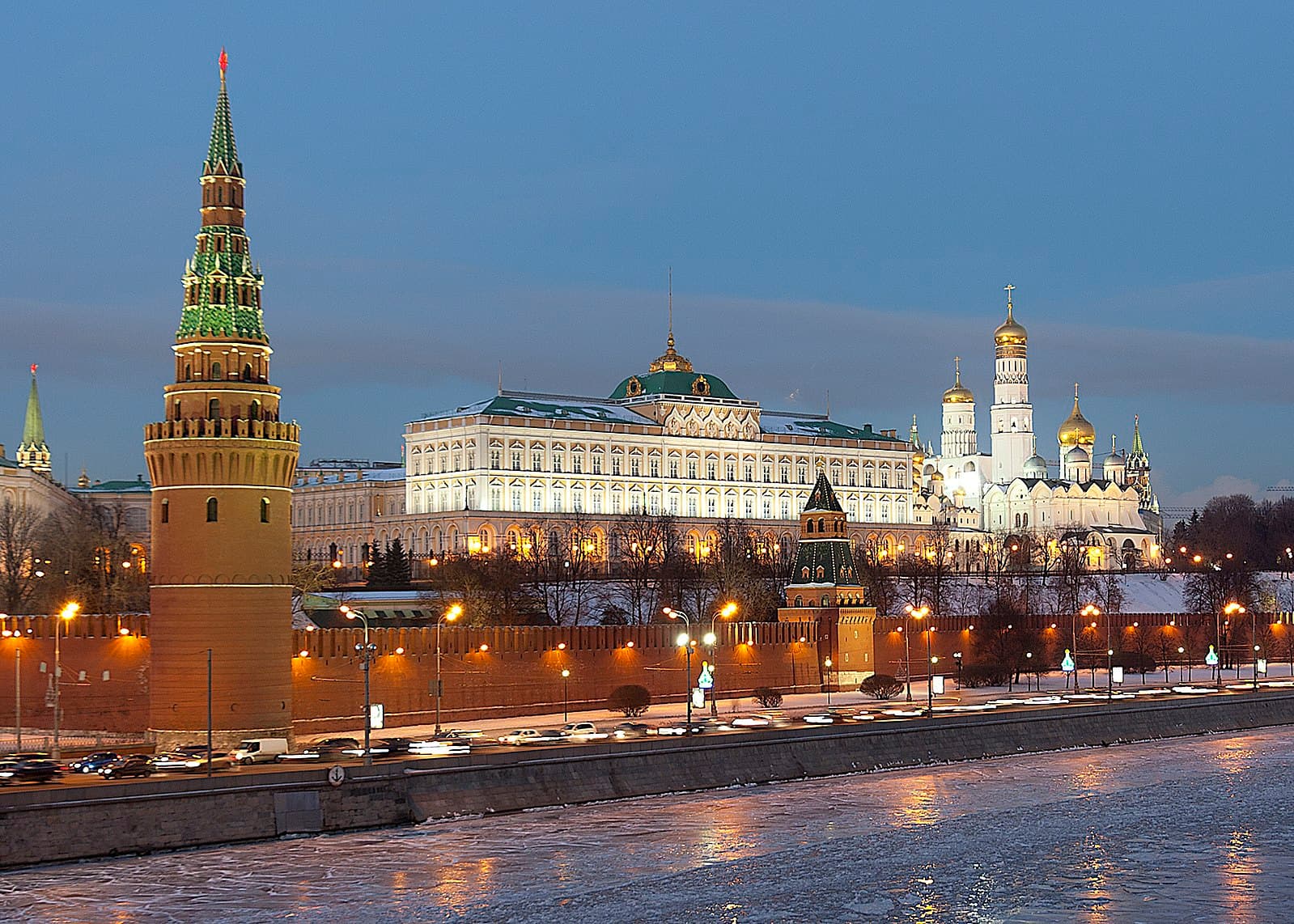
Kremlin complex, official residence of the Russian president
In this context, it does not seem surprising that the public views on climate in Russia are mainly characterised by indifference rather than active denial. The authoritarian system led by a single dominant party also means that the Green parties do not play a significant role in political life (unlike in some other countries). Additionally, unlike in many European countries that have developed sociopolitical movements focused on climate (such as “Fridays for Future,” “Scientists for Future”), there is also no large presence of such mass movements in Russia. There are still a number of individual activists, especially among young people, and a small fraction of “Fridays for Future.” However, they feel the weight of the restrictions put on activism in Russia in general, especially since the beginning of the war in Ukraine, which led to increased sense of isolation from the global community:
The Russian government has, in the last decade, been tightening control over NGO activity, undermining not only climate governance but the vitality of Russia’s fragile civil society.

World Wildlife Fund logo
Russian authorities on June 21, 2023, labelled WWF environmental advocacy NGO an “undesirable” organisation, a designation that renders all of its activities illegal in Russia.
The Prosecutor General's Office has alleged that the Switzerland-based WWF is undermining Russia's economic stability, meddling in its internal affairs, and providing financial support to Russian organisations designated as "foreign agents". Furthermore, it asserts that WWF's initiatives primarily target major enterprises within the energy, oil, and gas sectors, as well as those engaged in mineral resource extraction and precious metals development, with the purported aim of gathering data on Russia's environmental conditions and impeding the economic progress of the Russian Federation.

Greenpeace logo
Russian authorities have branded Greenpeace as an undesirable organisation as well. Russian officials have alleged that Greenpeace is involved in disseminating anti-Moscow propaganda and attempting to influence the country's political leadership. The Prosecutor General's Office has asserted that this environmental advocacy organisation represents a threat to Russia's constitutional order and security, and it has expressed concerns about Greenpeace's actions, particularly since the commencement of Russia's military operation in Ukraine. The statement from the Prosecutor's Office further claims that Greenpeace activists have been involved in what is seen as anti-Russian propaganda and advocating for the economic isolation of Russia.
Apart from the political factors, one of the possible factors influencing the public disinterest in the issue of climate change is the lack of leisure time and energy that could be dedicated to learning about and discussing the problem. These, in turn, are connected to the low quality of life: In 2023, the net average wage in Russia was €588, among the lowest in Europe, and only 33% of people in Russia had any savings in 2022, living from paycheck to paycheck.
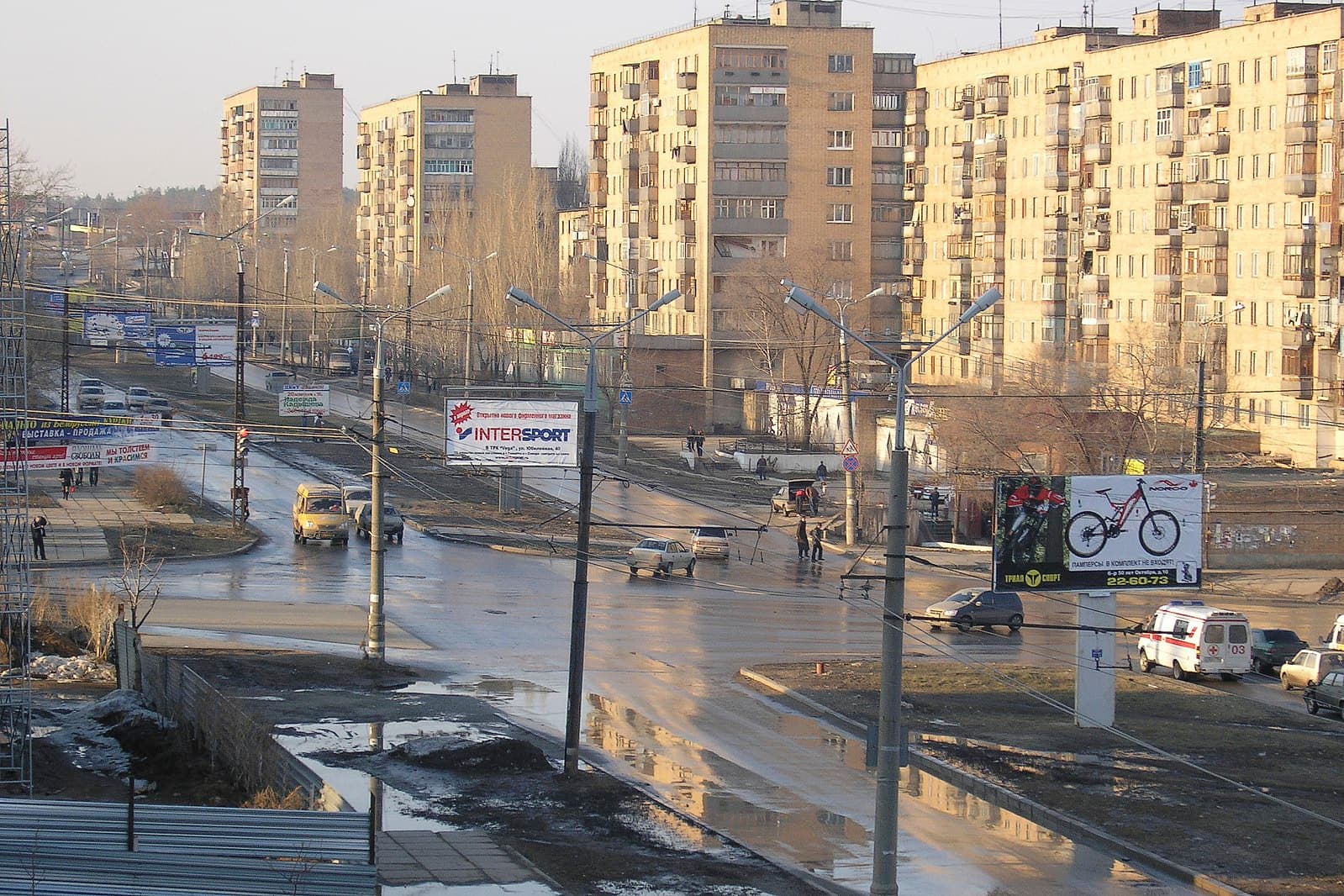
Tolyatti, Russian city with highest poverty index
The Russian population is also largely economically dependent on the state (with 42% of the population getting their income from the state), whose interests are deeply interconnected with the leading role of the oil industry in Russian domestic and international policies (based on which, climate change has been framed in the media as a part of the “Western agenda” to sabotage Russian leadership). In this context, the Russian relative indifference towards the climate problems may be connected to the preoccupation with more pressing everyday problems, such as poverty, inflation, and corruption. This is mirrored by the position demonstrated by Putin in the past that views the climate issue as a mere “liberal whim”.
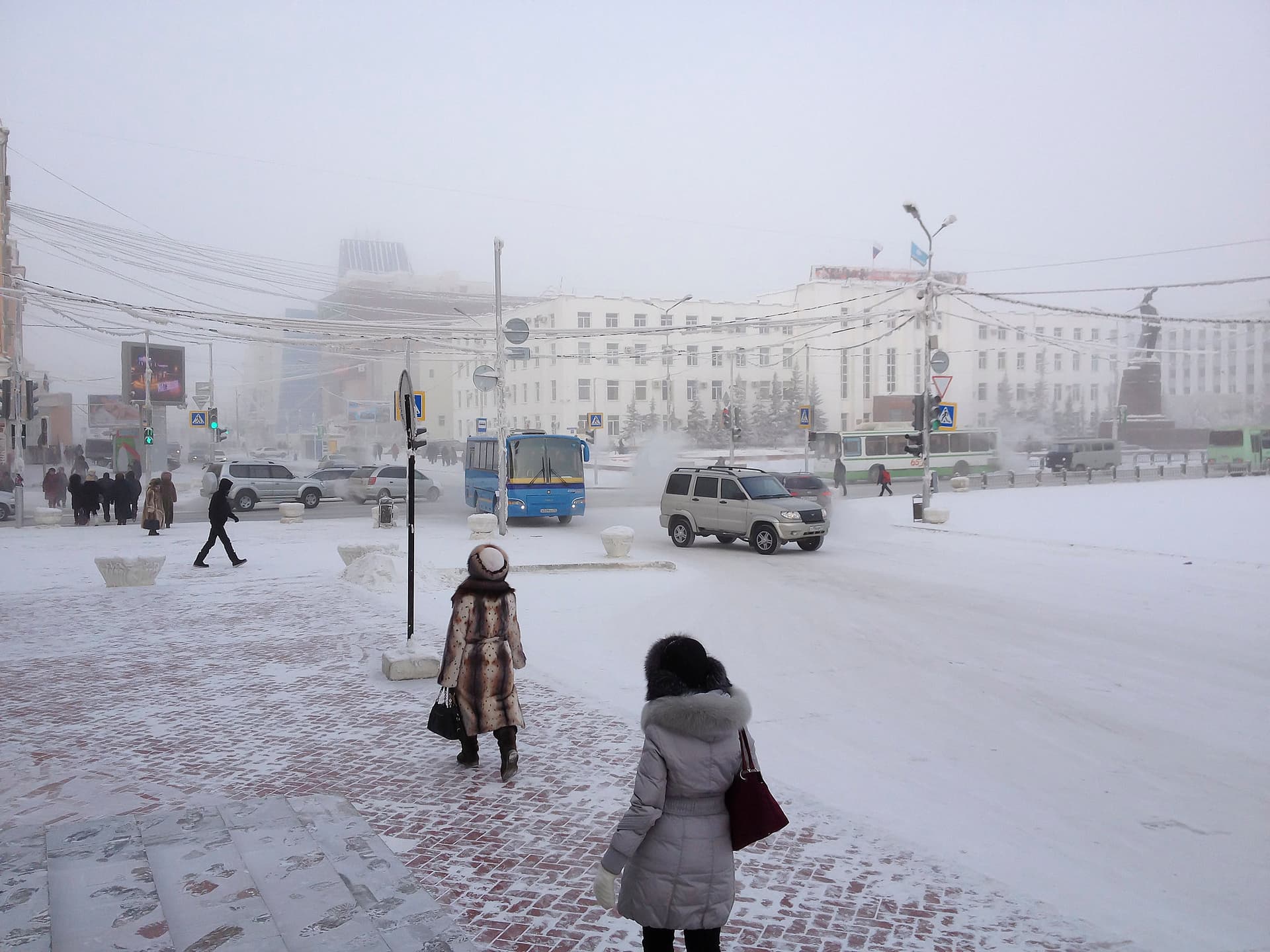
Yakutsk, the coldest city in Russia
Another reason why people in Russia may not be as concerned about climate as people in some other parts of the world may be very simple—its physical position in the northern part of the planet. While some countries with low median income are located in the South and already feel the full extent of the climate emergency (with their agriculture being especially vulnerable), Russia’s cold climate and geographical position in the northern hemisphere means that, up to now, the immediate negative effects of the climate change are not yet felt in Russia to a large extent. Some Russians may even feel happy about winters not being as harsh) anymore, and Russian media also mentions “positive” climate change effects on the northern-state economy.
While all these factors have existed for a long time, there is another, recent factor that has a significant impact on the environment, including the climate—the Russian invasion in Ukraine. We do not yet have a full understanding of how this war has impacted and will impact the public views on the climate emergency. Achieving this understanding will be a task for the future.
Эта статья еще не переведена. Мы ищем волонтеров, которые могли бы помочь нам с этим.
Short biography of the freedom that never happened.

Russia's climate policy can have equally severe consequences as its military aggression. How does Russia react to climate change?
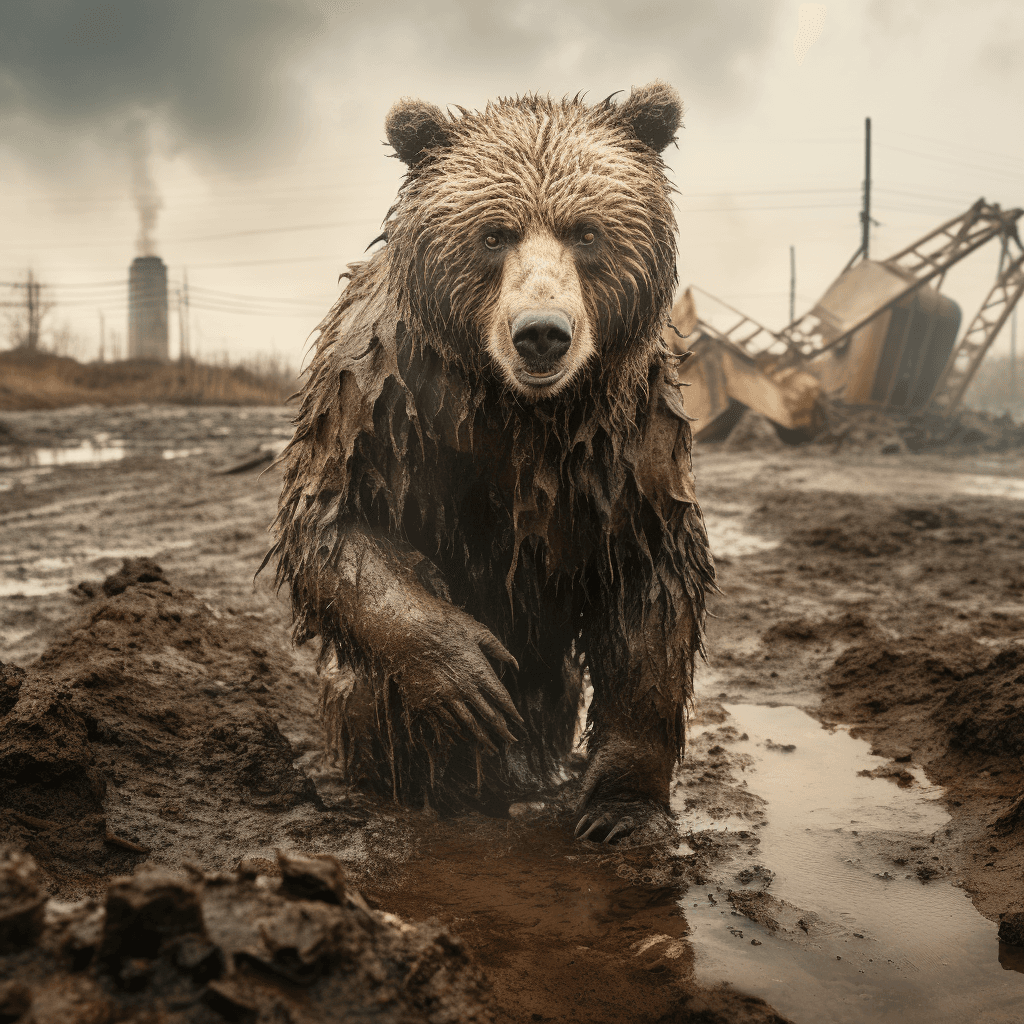
Как объяснить поддержку России в немецкой политике

Наша медиаплатформа не существовала бы без интернациональной команды волонтеров. Хотите стать одним из них? Вот список открытых на данный момент вакансий:
Если вы хотите помочь нашему проекту, но не нашли интересующей вас вакансии, дайте нам знать:
Мы рассказываем о текущих проблемах России и ее людей, выступаем против войны и за демократию. Мы стремимся сделать наш контент максимально доступным для международной аудитории.
Хотите ли вы поучаствовать в российском проекте, направленном против войны?
More info for media
Мы хотим, чтобы россиян, выступающих за мир и демократию, услышали. Мы публикуем их истории и берем у них интервью в проекте Ask a Russian.
Вы - россиянин или знаете кого-то, кто хотел бы поделиться своей историей? Пожалуйста, напишите нам. Ваш опыт поможет людям понять, как устроена Россия.
Мы можем опубликовать ваш рассказ анонимно.
Наш проект реализуется силами волонтеров - ни один из членов команды не получает никакой оплаты. Однако, у проекта есть текущие расходы: хостинг, домены, подписка на платные онлайн-сервисы (такие как Midjourney или Fillout.com), реклама.
Номер нашего банковского счета, зарегестрированного в Fio Banka (Чехия), 2702660360/2010. Банковский перевод возможно отправить по реквезитам либо отсканировав QR-код в вашем банковском приложении:




Россия начала войну против Украины. Эта война продолжается с 2014 года. Она только обострилась 24 февраля 2022 года. Страдают миллионы украинцев. Виновные в этом должны предстать перед судом за свои преступления.
Российский режим пытается заставить замолчать либеральные голоса. Россияне, настроенные против войны, существуют, и российский режим всеми силами пытается заставить их замолчать. Мы хотим, чтобы их голоса были услышаны.
Сотрудничество имеет решающее значение. Российские либеральные инициативы порой трудно воспринимаются европейской общественностью. Правовой, социальный и исторический контекст России не всегда понятен. Мы хотим поделиться информацией, навести мосты и соединить либеральную Россию с Западом.
Мы верим в диалог, а не в изоляцию. Оппозиционные силы России не смогут ничего изменить без поддержки демократического мира. Мы также считаем, что диалог должен быть двухсторонним.
Выбор за вами. Гнев, вызванный приступлениями России, понятен. Вам решать, хотите ли вы прислушаться к россиянам, выступающим против войны и режима.